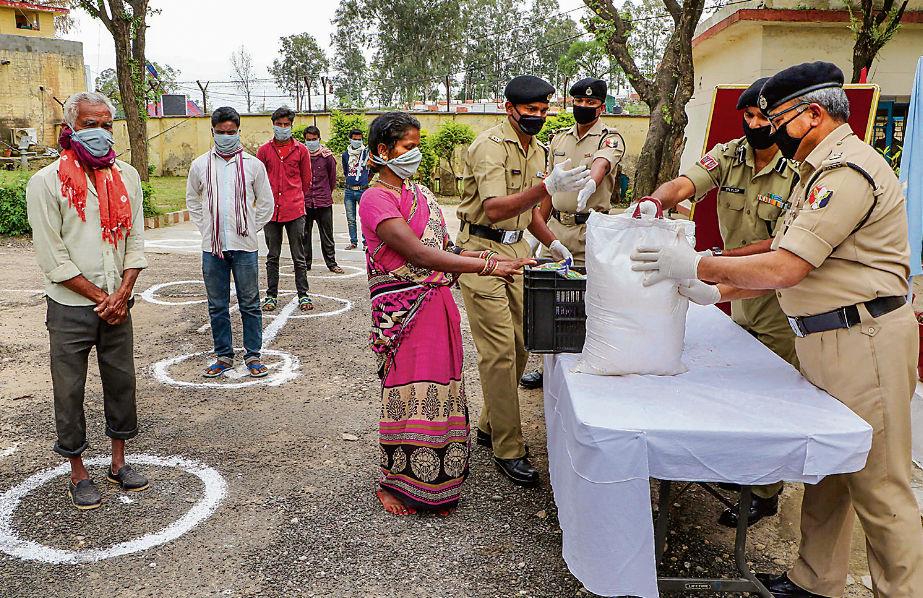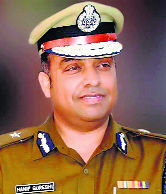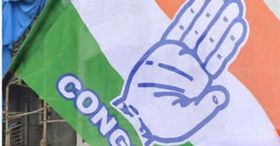
Hanif QureshI
Hanif QureshI
IG Police, Haryana
The World Health Organisation called India’s response to the corona pandemic ‘impressive’. Despite being the world’s second most populous country, with more than 1.3 billion people, the government’s decision to quarantine the people and shut the borders has been praised widely. More than the decision, it was the scale at which the decision was implemented across the huge geography of India that is impressive. Undoubtedly, the police forces led by the Indian Police Service had a major role to play in enforcing the world’s largest coronavirus lockdown.
The leadership of the Indian Police Service (IPS) has been called into question many times. Some people have questioned their methods and the results they have achieved. However, repeated experiences with large-scale events, including the current corona pandemic, have proved the mettle of the IPS.
The foundation of the modern-day IPS or the Indian Police Service, was laid by the Indian Councils Act, 1861. It was called the Superior Police Service and later as the Imperial Police Service. After Independence, the IPS was created under Article 312 (2) in Part XIV of the Constitution of India and the All India Services Act, 1951.
The Constituent Assembly saw many debates about the nature and form of the police services to be established. Sardar Vallabhbhai Patel viewed the IPS as providing leadership to the state police forces and the Central police organisations such as the BSF, SSB, CRPF, ITBP, CBI, IB, RAW, RPF, SSB and organisations connected with policing functions of any kind. To those opposing the concept of the IPS, Sardar Patel said that there is no alternative to this administrative system. The Union will go if you do not have a good all-India service which has the independence to speak out its mind.
Thus, the IPS survived in the post-independent India, and evolved along the new ethos of the country. The nature of the Indian police turned out to be unique. It retained the command structure like the army and the paramilitary, but its working style was similar to civilian departments. This placed the police at a special position to act as a link between the aspirations of the people and the need for implementing government decisions, especially tough ones like curfews and lockdowns.
In times like this, we realise that the role of the police is not only to implement the law, but also much more. The police may not be at the core of national decision-making, but certainly it is at the centre of implementing the decisions. Sardar Patel’s vision is now clearly visible. The IPS must provide leadership to efforts being launched at the national and state levels. The police are the only wing of the government with a strong presence at the grassroots level 24 hours a day and all seven days of the week. For the coronavirus pandemic, there was not much time to prepare, but the police had prior experience of imposing curfew in troubled areas, where force is applied first, and questions asked later. In such times, every person violating the curfew is seen as a potential troublemaker. This resulted in some regrettable incidents of excessive force, which were soon corrected by the police leadership. Swift action was taken in Telangana, Punjab, Andhra Pradesh and other states against the erring policemen, and these incidents quickly died down.
From handling the deluge of thousands of migrant labourers, issuing advisories for the people, providing timely information, making and inspecting shelter homes, distributing food and essential medical supplies, operating the control room helplines, to counselling citizens through various innovative ways, including singing songs, the police had their hands full. Working understaffed and with scant resources, but always with grit and compassion, the humane face of the police was clearly visible through these actions.
The innovations by IPS officers were very visible in this period. One of them was an app made by an IPS officer, Vijay Sakhre, in Kerala, which traces the whereabouts of people who have tested positive for coronavirus, sensitises patients, and connects them to doctors when they have a question. Hashtag #CPMumbaiLive was a flood on Twitter when Mumbai Commissioner of Police Parambir Singh did a live chat with citizens. From managing the 461 shelters in the state to carrying people in emergencies in police vehicles, the Haryana Police has been on ground zero from day one. The Chennai police used a corona helmet to spread awareness, while cyber cops have been combating hundreds of fake websites asking for donations for corona outbreak. There are countless stories across the country where policemen and policewomen are helping people with their lives while themselves being away from their families and even going without food and water at times. Prime Minister Narendra Modi rightly exhorted Indians to thank the frontline fighters against the coronavirus, including the police, medical personnel, and other emergency services.
However, there are huge challenges before the police leadership in India today. The behaviour towards the citizens and the resulting highhandedness are areas where not technology, but effective leadership can help. Police attitudes are changing with experiments on community policing across the country, but a paradigm shift and not piecemeal work is the need of the hour.
Getting the police personnel on the ground to be sensitive to the needs of the weaker sections should be a priority. They must be seen to be transparent, courteous, and helpful. If the police are to be seen as a legitimate authority, they must work in partnership with all stakeholders, including industry, medical fraternity, resident associations and the citizens at large. This partnership has the potential to bring a synergy which can produce lasting benefits towards a humane policing which the founding fathers of the Constitution envisaged.
Join Whatsapp Channel of The Tribune for latest updates.




























